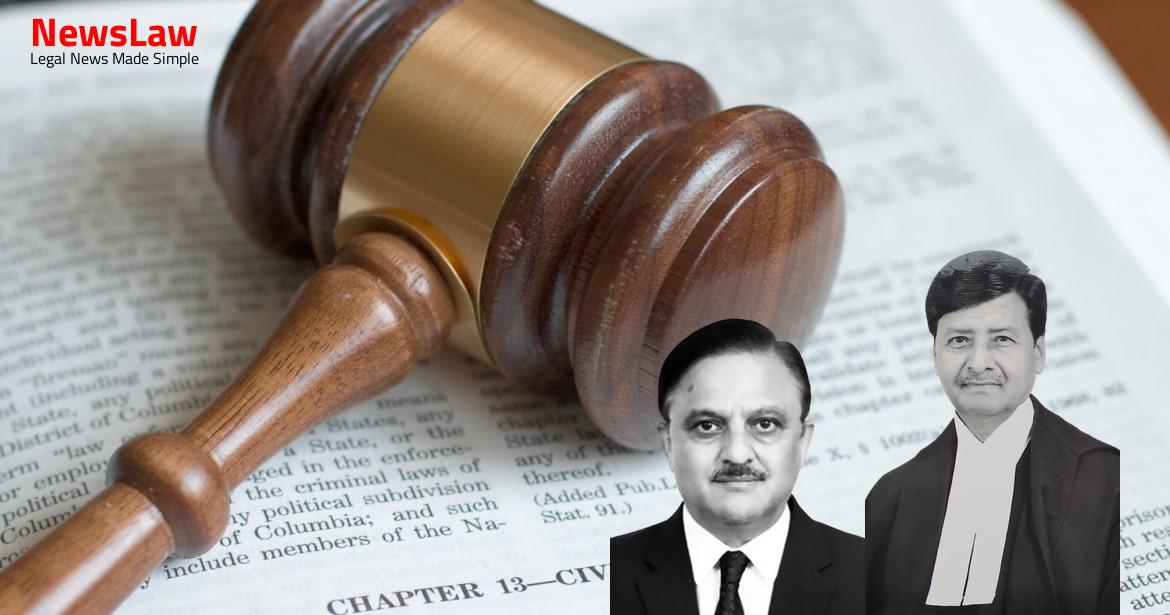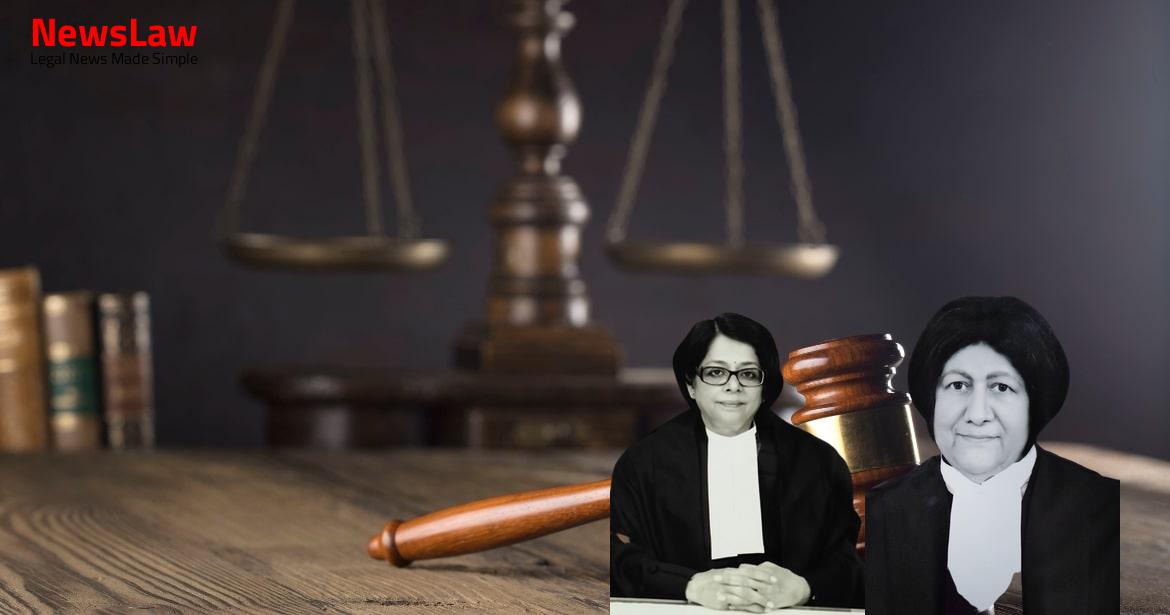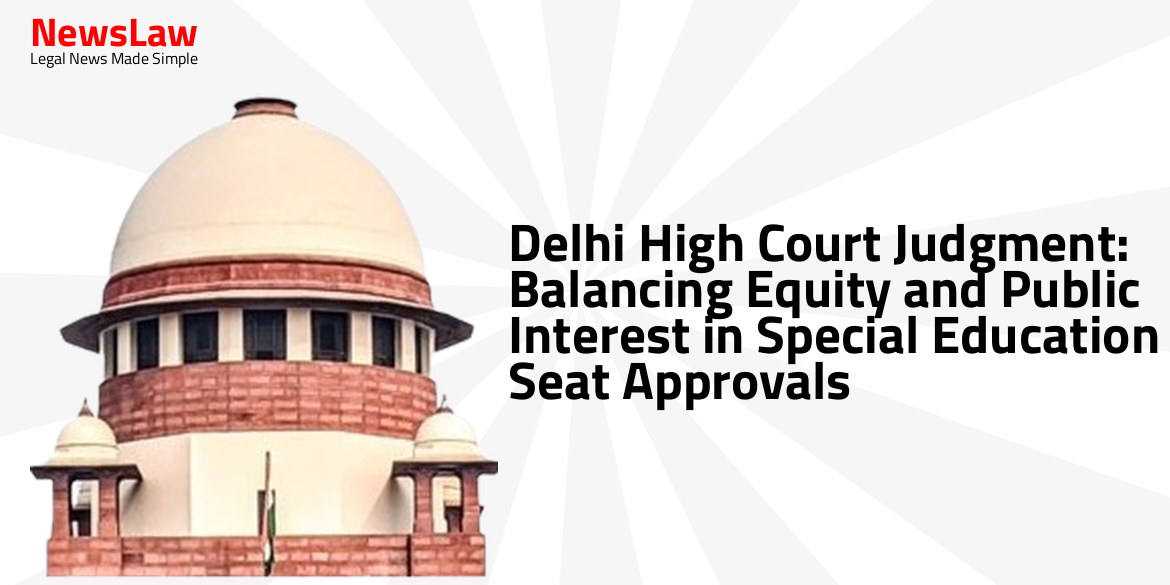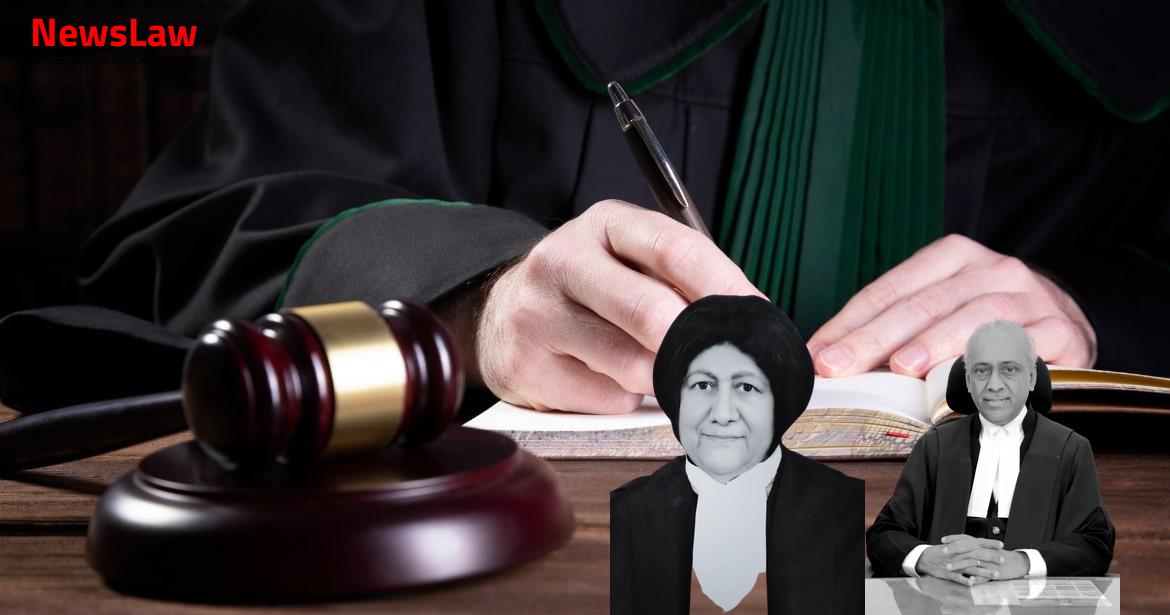Delve into a detailed examination of a recent legal case focusing on the appointment of an arbitrator. The court’s meticulous analysis of jurisdiction under Section 11(6) of the Act sheds light on crucial legal principles. This blog post will provide a deeper understanding of the court’s decision-making process and the implications for similar cases in the future.
Facts
- The appellant filed an arbitration petition on 23 October, 2009 in the High Court of Orissa for appointment of an Arbitrator under Section 11(6) of the Act.
- The respondents were requested to select two names from a panel of four persons by letter dated 28 January, 2010.
- Miscommunication and lack of follow-up from the appellant led to confusion and inaction on the arbitration petition filed.
- Despite opportunities, the appellant did not pursue the Arbitration Petition No 61 of 2009 or the Miscellaneous Case No 4 of 2010 before the High Court.
- The Arbitral Tribunal was constituted with the consent of the appellant and an ex-parte award was passed on 21 June, 2013 rejecting the appellant’s claim.
- The instant appeal challenges the order dated 26 July, 2019 refusing to appoint an Arbitrator under Section 11(6) of the Act.
- The disputes arose from a contract agreement executed between the parties containing arbitration clauses 63 and 64.
- Despite serving a legal notice for appointment of an Arbitrator on 3 August, 2009, the arbitration process faced delays and lack of action.
- The appellant appeared before the Arbitral Tribunal on various occasions but failed to actively participate, leading to the ex-parte award being passed.
- Communication between the parties regarding the appointment of an Arbitrator and subsequent tribunal formation were marred by missteps and lack of follow-up.
- The High Court dismissed the arbitration petition on 26 July, 2019.
- The appellant was given the liberty to submit objections under Section 34 or 37 of the Act.
Also Read: Admission Deadline Adherence in Medical Courses
Analysis
- The appellant filed an arbitration petition under Section 11(6) of the Act in the High Court’s Registry on 23 October, 2009.
- The appellant did not serve any notice of the Arbitration Petition to the respondents after filing it.
- The appellant selected two officers from the panel suggested by the respondents for the Arbitral Tribunal.
- The Arbitral Tribunal was constituted on 24 September, 2010, and the appellant appeared before it on 25 October, 2010.
- The appellant submitted a statement of claim, and the respondents submitted a statement of defense.
- No steps were taken by the appellant to pursue the arbitration application after the initial filing and appearance before the Arbitral Tribunal.
- An ex-parte award was passed by the Arbitral Tribunal on 21 June, 2013, as the appellant did not participate further.
- Notices were issued to the respondents by the High Court in 2016, three years after the ex-parte award was passed.
- The legal principles are well settled by this Court in the cases of Datar Switchgears Ltd. Vs. Tata Finance Ltd. & Anr. and Punj Lloyd Ltd. Vs. Petronet MHB Ltd.
- Once an application under Section 11(6) of the Act is filed before the High Court, the respondents lose their right to appoint an Arbitrator.
- The High Court alone has the jurisdiction to appoint an Arbitrator in such cases.
- The power to appoint an Arbitrator under Section 11(6) of the Act lies with the High Court.
- High Court declined to exercise jurisdiction under Section 11(6) of the Act for appointment of an Arbitrator.
- Petition dismissed on 26 July, 2019 with liberty to submit objections against the ex-parte award dated 21 June, 2013 under Section 34 or 37 of the Act.
- Respondents forfeited their right to appoint an Arbitrator under the arbitration clause after the filing of the Section 11(6) application.
- No error by the High Court in dismissing the petition for appointment of an Arbitrator.
Also Read: From Nominee to Disqualified: Supreme Court Scrutinizes Age Evidence, Declares Election Invalid
Decision
- The appeal has failed and is dismissed as a result.
- Any pending applications have been disposed of.
- Consequently, there is no further action required on the part of the court.
Case Title: M/S DURGA WELDING WORKS Vs. CHIEF ENGINEER RAILWAY ELECTRIFICATION (2022 INSC 12)
Case Number: C.A. No.-000054-000054 / 2022



